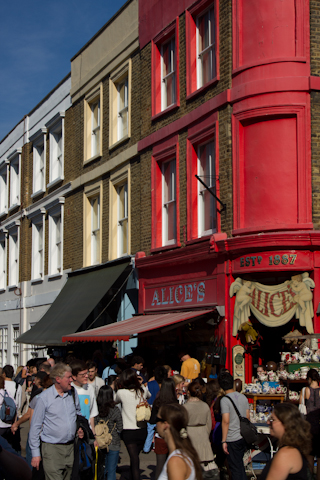
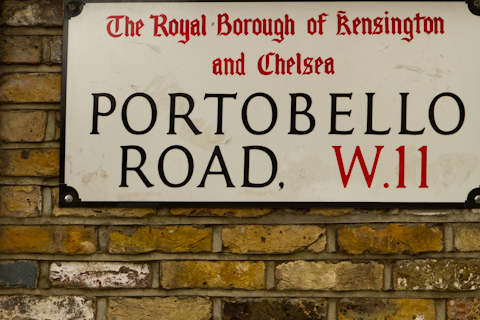

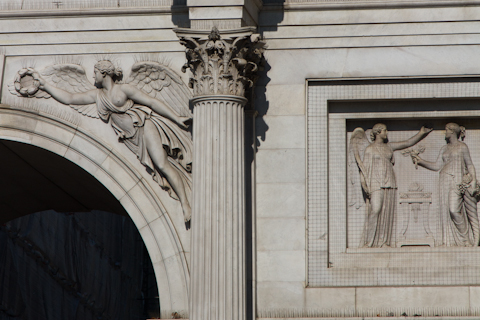
The bus tour was great - but a little confusing with all the various routes. You need to do some research before hopping on.

It is here we joined a tour being given by a fully decked out Beefeater - or the official name for the guards - "Yeomen Warders of Her Majesty's Royal Palace and Fortress the Tower of London, and Members of the Sovereign's Body Guard of the Yeoman of the Guard Extraordinary" - who are all former senior NCOs of the armed forces.
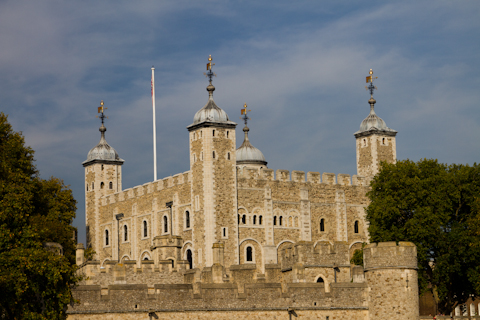
Of course, we also toured the Crown Jewels which are stored and on display in the Waterloo Barracks.

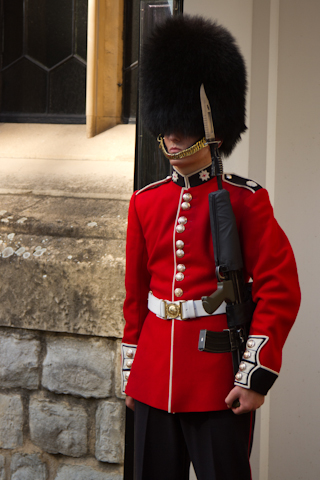
We did not know it at this time, but after a visit to the museum of the Queen's Guard, we would learn to identify the various units by the number of buttons in a cluster. On this soldier there are clusters of two meaning he belongs to the second unit to be named to the Queen's Guard - or Her Majesty's Coldstream Regiment of Foot Guards.

One of the towers of the Tower Bridge. The bridge consists of two towers tied together at the upper level by two horizontal walkways, designed to withstand the horizontal forces exerted by the suspended sections of the bridge on the landward sides of the towers.

The bridge is 800 feet in length with two towers each 213 feet high, built on piers. The central span of 200 feet between the towers is split in two and can be raised to an angle of 83 degrees to allow river traffic to pass.

Construction of Belfast, the first Royal Navy ship to be named after the capital city of Northern Ireland, began in December 1936. She was launched on St Patrick's Day, 17 March 1938.
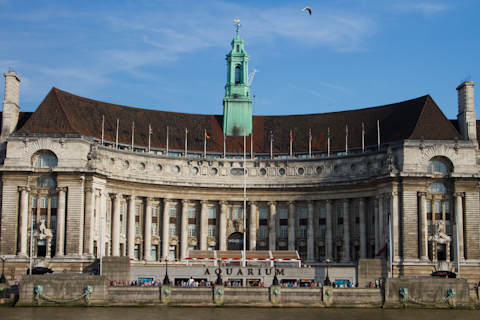
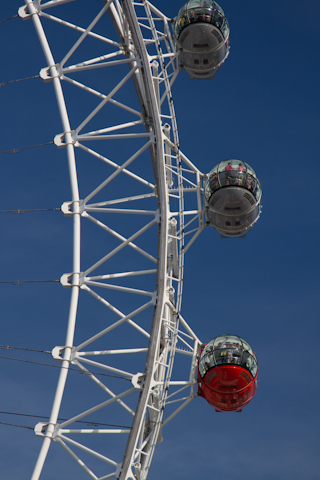
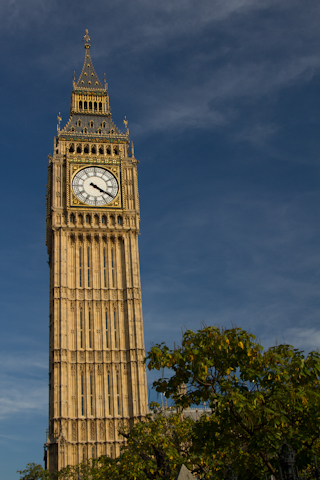
Big Ben was getting a lot of attention - must have had its photo taken 100 times while we stood there. Big Ben is the nickname for the great bell of the clock at the north end of the Palace of Westminster, and is generally extended to refer to the clock or the clock tower as well. It is the largest four faced chiming clock and the third-tallest freestanding clock tower in the world. It celebrated its 150th anniversary on 31 May 2009.
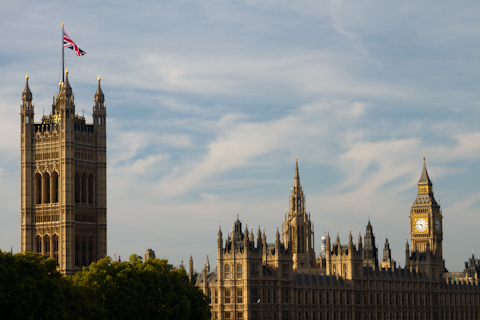

This is Wellington Arch George IV both planned The arch in 1825 to commemorate Britain's victories in the Napoleonic Wars. The status is that of Arthur Wellesley, 1st Duke of Wellington, a soldier and Prime Minister.